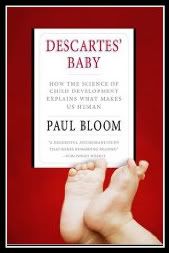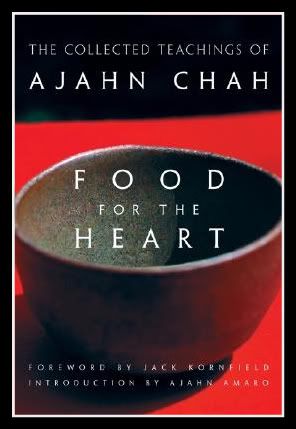The majority of people in this world are dualists which means, we view ourselves as having material bodies and immaterial souls. If we are in fact dualists many important questions arise. Will we survive the death of our body? Will our thoughts transcend the physical realm of existence? What scientific evidence do we have that supports a dualist perspective?
Yale psychologist Paul Bloom asks, is our perception of the soul merely a biochemical process of the brain? Are souls actually immaterial? If our conscious self arises from our physical brain, then perhaps it really is all in our mind.
Most would draw a connection between immorality and soullessness, however, Paul Bloom argues that the roots of morality, altruism and rationality are innate; that they're aspects of the normal human condition. As a humanist, I happen to agree. I do not believe that a supernatural spirit or religious texts are needed to keep us on a straight and narrow moral path. Everyone possesses a universal understanding of right and wrong; it's the evolution of human nature, morality is inborn and not learned.
Paul Bloom's book, "Descartes Baby" delves into child development and cognitive psychology. He examines how children offer a glimpse into various aspects of the human condition as babies have some understanding of right and wrong even before they learn to speak.






